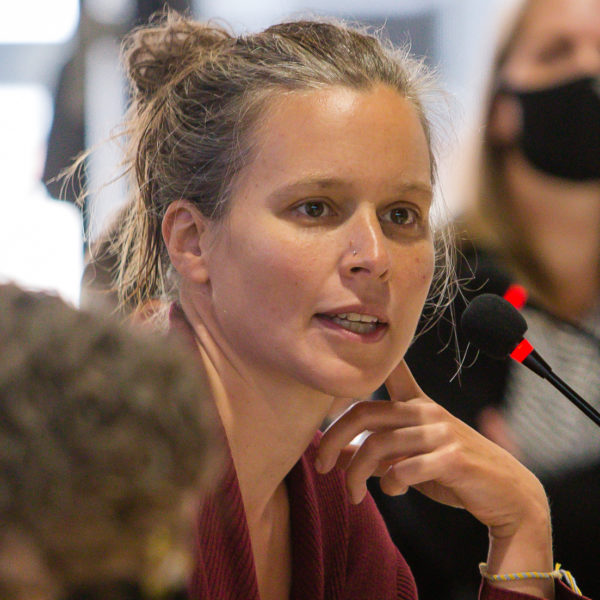Northwest Africa has recently been the site of a large variety of political movements. Commentators have struggled to make sense of them, partly because they have taken for granted a sharp division between North and sub-Saharan Africa, thereby isolating the Maghreb from its African context. My aim is to change focus, by adopting a perspective from the region usually held responsible for their division: the Sahara.
I have two reasons for this. One is empirical: the Sahara has provided the crucial backdrop and experimental grounds for events on its edges. Due to the externalisation of EU borders and resulting military interventions, it stands at the forefront of the ‘illiberal state building’ characteristic of our times. Developments in the region might thus hold valuable lessons for larger trends elsewhere.
The other is conceptual. Long situated in the marches of aggressive empires, Saharan societies have fostered particular political cultures, in close interaction with the centralised powers that relegated them to their peripheries. The region emerges as a longstanding political frontier zone, with the particular connectivity, vitality and creativity that this entails. Its political life therefore has the potential to provide a much-needed corrective to the Eurocentrism of current political theory.

